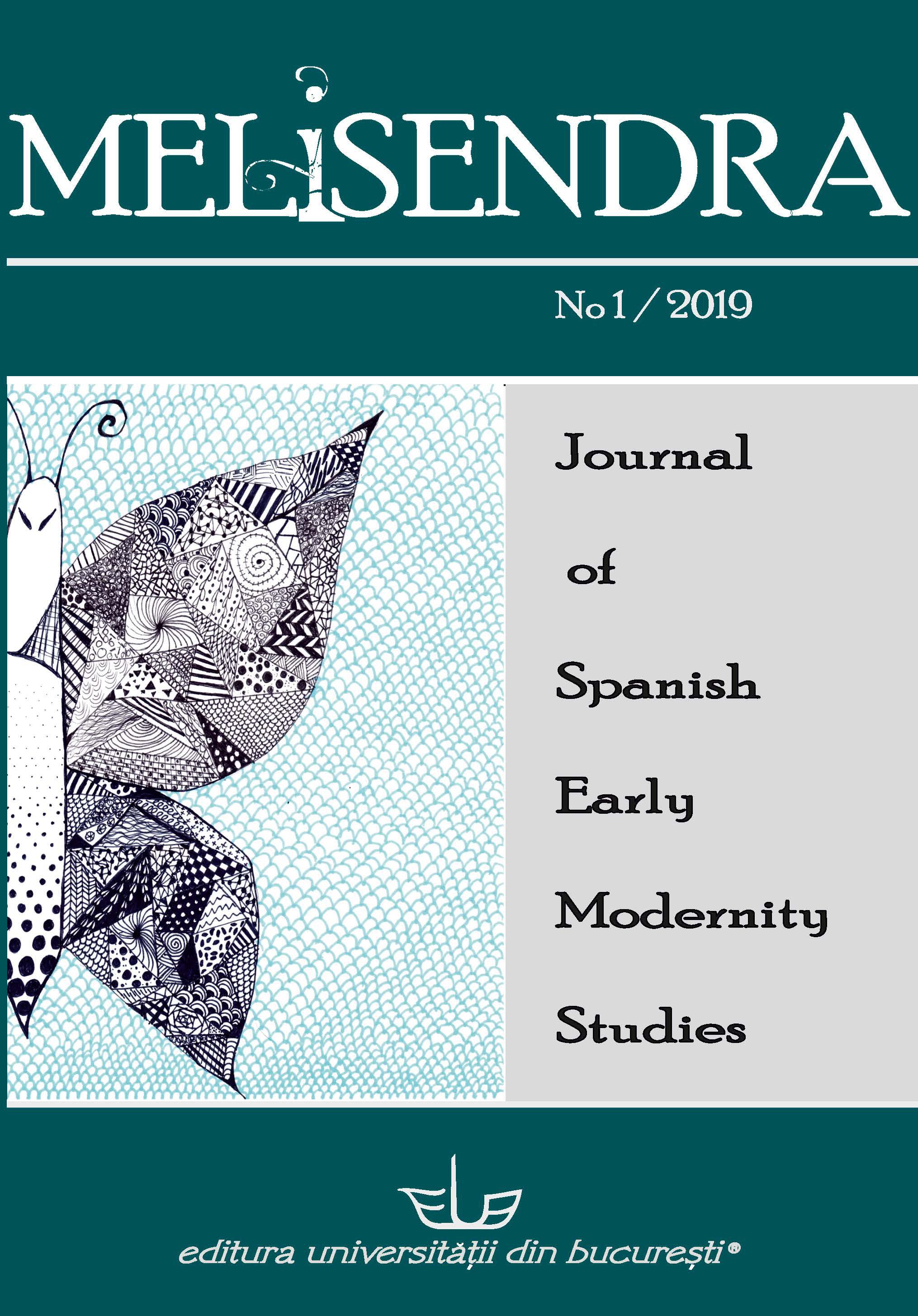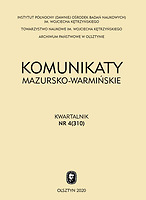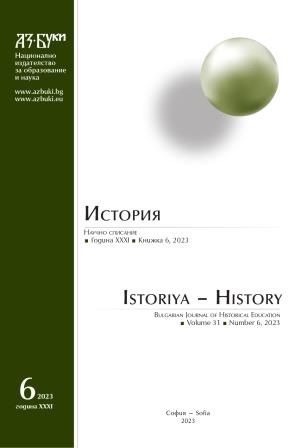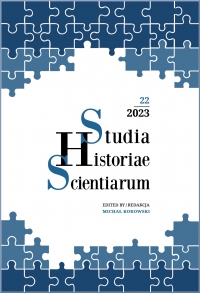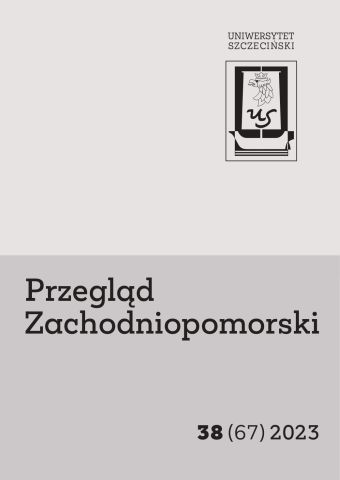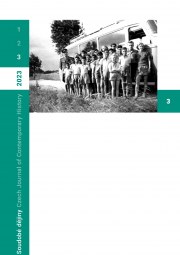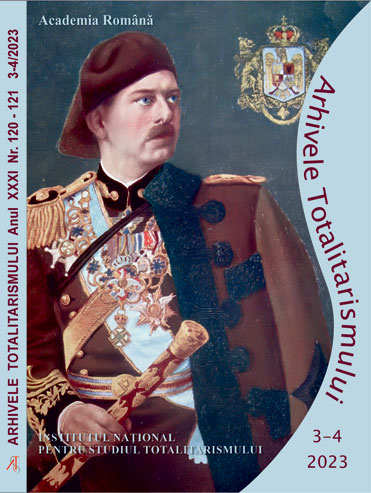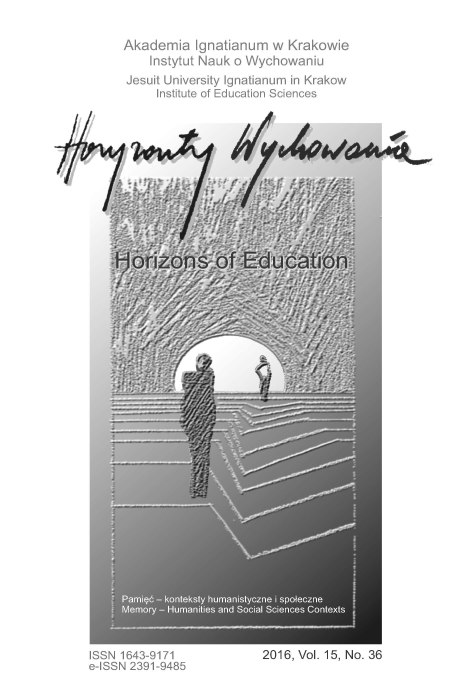
Kryzys ojcostwa lub/i zamiana jego miejsca w rodzinie
CEL NAUKOWY: Celem niniejszego artykułu jest wykazanie, iż z racji narastającego kryzysu roli i miejsca ojca w rodzinie zostaje zachwiany proces wychowawczy, co powoduje osłabienie podstawowej komórki społecznej, jaką jest rodzina.PROBLEM I METODY BADAWCZE: Problemem badawczym jest historyczno‑fenomenologiczna analiza rozwoju paternalizmu oraz jej doniosłości społecznej. Na tej też podstawie będzie później formułowana ocena obecnego status quo zagadnienia. W pracy zostanie zastosowana metoda analizy krytycznej tekstu i synteza wniosków oraz analiza historyczna i fenomenologiczna pojęć.PROCES WYWODU: Realizacja przedstawionego celu badawczego rozpocznie się od rozważenia etymologii ojcostwa oraz określenia roli ojca w rodzinie i społeczeństwie w starożytności. Następnie przedstawiony zostanie opis funkcjonowania współczesnej rodziny wraz z przyczynami kryzysu ojcostwa, by w ostatnim etapie przejść do konkluzji wypływających z przeprowadzonego namysłu.WYNIKI ANALIZY NAUKOWEJ: Z przeprowadzonej analizy kryzysu ojcostwa dzisiaj wyraźnie wynika, iż zdecydowanie odeszliśmy od normalnej, wiekowej i normatywnej struktury rodziny, doprowadzając do jej osłabienia i zachwiania procesów wychowawczych.WNIOSKI, INNOWACJE, REKOMENDACJE: Pomimo iż współczesny kryzys ojcostwa, i wtórnie również rodziny, ma kompleksowy charakter przyczynowy, to jednak wydaje się, że wiodącymi prym są ideologia liberalizmu i pragmatyzmu wraz z niekorzystnymi zmianami kulturowymi. Biorąc pod uwagę nieodwracalne zmiany społeczno-kulturowe, należałoby poszukiwać powrotu do mądrego zbilansowania roli matki i ojca w rodzinie.
More...
